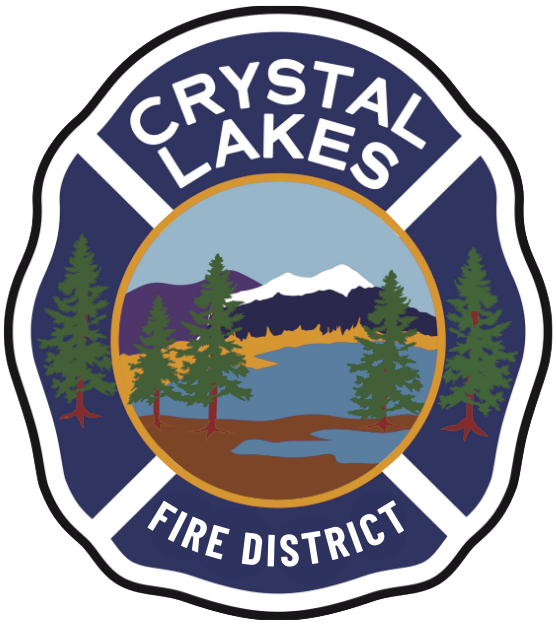Don't Drive Down Yourself
Imagine something’s gone wrong — you’ve broken something, cut yourself badly or feel sick, a loved one has chest pain or trouble breathing, someone you care about isn’t acting normally — you need help and you need it fast. The temptation to jump in the car and head down the mountain is tremendous — it’s action, it’s movement, it’s doing something.
It’s also the worst choice you can make.
Never try driving yourself to the hospital when you’re experiencing a medical emergency and, just as importantly, never have a friend or family member do it either. The first could result in you getting into an accident if/when your condition worsens, and the second can be just as bad—your friend or family member will unavoidably be paying more attention to what’s going on with you than the road, no matter how much they think they can focus on driving. Plus, as we all know, there’s an extensive area on the road down to Ft. Collins where there’s no cellphone coverage—if you're driving someone in medical distress down the mountain, what will you do if your passenger suddenly gets much worse in a place where you can’t call for help?
The very best way to get help and to get it fast is to call 911 and get emergency services rolling—we can get you down the mountain much faster and much more safely than you can.
Okay sure, you say, I get why it would be better in general not to risk getting into a traffic accident or being someplace without cell service if my/my loved one’s condition worsens on the way down. But my situation is different/I can stay focused on the road/I don't think it can possibly be either quicker or better to call 911 and wait for an ambulance to come up from Fort Collins when I can surely get down the mountain in less time than it takes for them to come up and go back down.
The truth is that there’s a lot more to this equation than how long it takes to drive down. The most important thing isn’t how quickly the patient reaches a hospital; it’s how quickly they start receiving medical care. If you drive your loved one down, the earliest they can start receiving care is after they’ve arrived at the hospital and been assessed to get an idea of what’s wrong.
Now when you call 911…
- All Crystal and Red Feather EMTs are trained to determine what's going wrong (in broad strokes at least) and to take the best steps available to them to start treating the problem.
- Our EMTs carry AEDs (which can reset certain kinds of heart arrhythmias and stop some heart attacks) and oxygen (obviously helpful if someone’s having trouble breathing, but it can also mitigate the effects of some medical problems that do not appear to be respiratory). They also carry certain medications, like epinephrine and nebulizers, that can stop allergic reactions, help people breathe better, and so forth.
- The paramedics in the UC Health ambulance carry heart monitors, so they can determine precisely what's going on if someone has chest pain and provide targeted care. They have medications and equipment that can help mitigate the effects of a heart attack and start treatment of many other medical problems. They also have all the good drugs to treat pain and make that trip down the mountain a lot more comfortable (caveat: there are some circumstances where using those drugs isn't in the patient's best interests, so please don't assume that pain meds are guaranteed).
- Our EMTs can determine if the situation calls for the air ambulance and get it here quickly. Air ambulances carry flight nurses, all those helpful medications and monitors, and are capable of getting to us within (usually) half an hour and to any hospital on the Front Range a LOT faster than anyone can by car.
- Whether the patient is transported by UC Health or the air ambulance, the paramedics and flight nurses call ahead to the hospital, report the patient's condition and vital signs, and get the necessary care team activated so the hospital is prepared to provide the expert care the patient needs the minute they arrive.
So calling 911 gets you quick care from EMTs (typically within fifteen minutes and often much less), then gets you started moving rapidly down the mountain to meet more definitive care from paramedics, with expert care waiting and ready at the hospital. If something really serious is going on, calling 911 gets you an air ambulance, which will get you down to the best hospital for what's going on with you — whether it’s in Ft Collins, Denver, or further afield — often within an hour. Whereas driving down in a private vehicle results in no medical care at all until you reach the hospital and delayed care once you do arrive.
So please, call 911 and let us do the driving.
